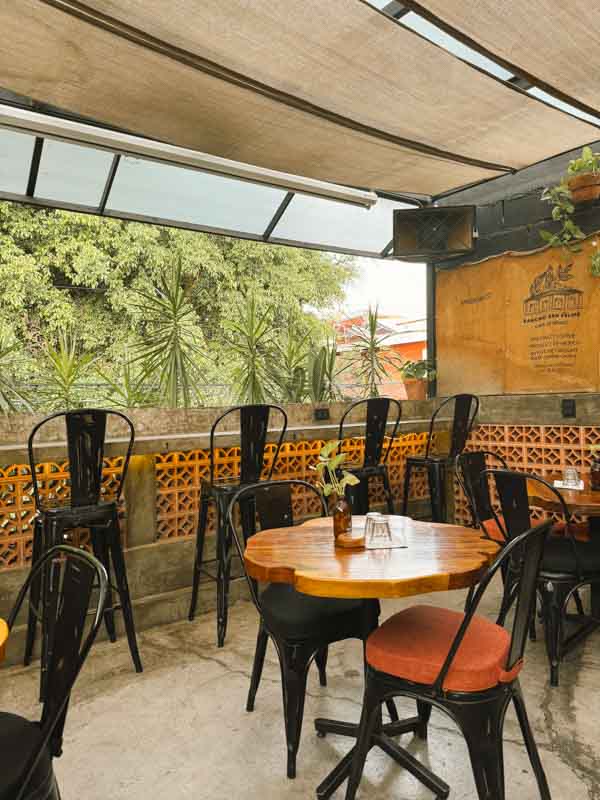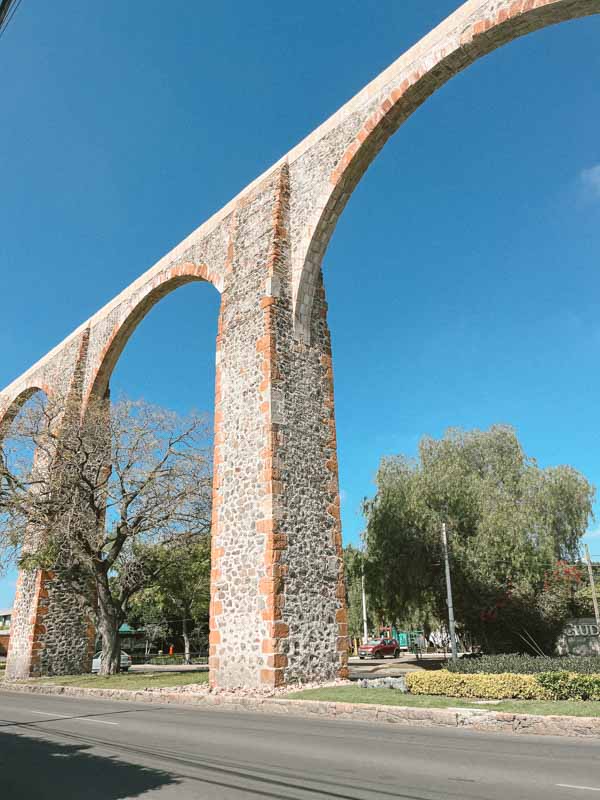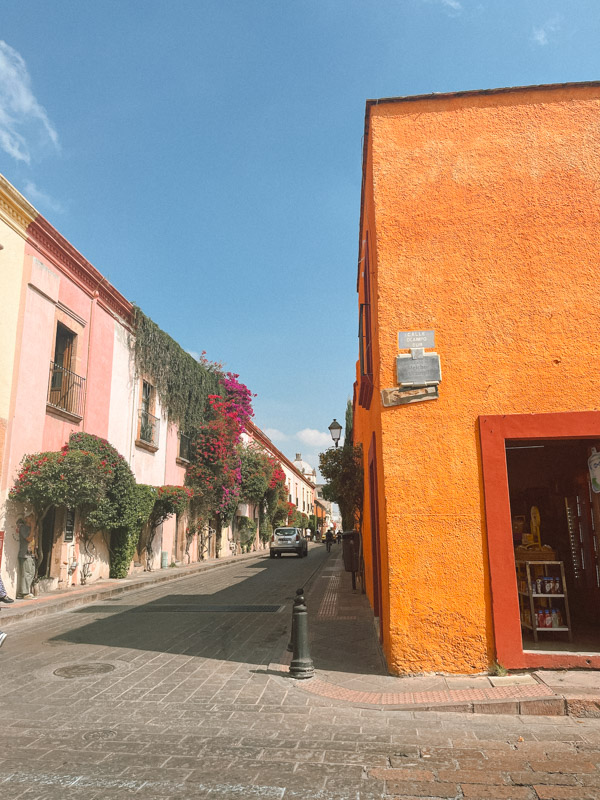English Loanwords with New Meanings in Mexican Spanish
Being in a long-distance relationship with my Mexican partner for the past five years and studying Spanish along the way, I’ve come across some fun quirks in the language, especially with English loanwords. While many borrowed words keep their original meanings—like la selfie or el weekend—others take on different meanings in Spanish that can surprise English speakers.
Here, I’ll dive into three examples from Mexican Spanish where the meanings of English loanwords have shifted: el lonche, el tenis, and el parking.
What are loanwords?
English loanwords are words borrowed from English into other languages, but they don’t always carry over the exact same meanings. In Mexican Spanish, for example, some English words have been adapted not only in sound but also in meaning, making them distinct from their original English forms.
El Lonche

The first word is el lonche, which doesn’t look too different from its English origin, “lunch.” Its pronunciation, lon-tʃe (IPA), is also similar. However, its usage in Mexican Spanish has evolved. In my linguistics class, we discussed how lonche has roots in English and even goes back to Middle English. Though I couldn’t find an authoritative breakdown, I asked some Mexican friends, who all agreed that lonche likely began as border slang in northern Mexico and is now used throughout the country.
In some parts of Mexico, lonche refers to the midday meal, just like “lunch.” But there are other Spanish words for this mealtime, like almuerzo and comida, so it’s not the only term used.
Lonche can also be turned into a verb, lonchar, meaning “to lunch.” Spanish speakers say yo loncho (I lunch), tú lonchas (you lunch), and so on, which sounds unusual to English speakers since “lunch” isn’t used as a verb.
Finally, lonche also refers to a specific type of sandwich made with a bolillo roll, often filled with sliced meat. In English, you wouldn’t order a “lunch” and expect this very specific sandwich. For us, ordering “lunch” could be anything from soup to a burger. So, in Mexican Spanish, lonche can mean both the time of day, a verb, and a specific sandwich!
Checar
One of the most versatile loanwords in Mexican Spanish is checar, derived from the English word “check.” Although “check” exists as a verb in English, checar has developed additional meanings in Spanish and is used in various situations. Checar can mean to check, verify, or inspect, and it’s conjugated like any other Spanish verb: checo (I check), checamos (we check), etc.
For example, you might hear ¿Puedes checar la lista? (Can you check the list?) or Voy a checar si hay mensajes (I’m going to check if there are messages). What’s unique about checar is that it has become so widely used in Mexican Spanish that it covers more contexts than “check” in English. It can even mean “to monitor” or “to review” in some cases, showcasing the adaptability of loanwords in Mexican Spanish.
El Tenis

Tenis is not exactly a loanword because it already exists in Spanish as the sport. Loanwords are typically completely new words introduced into a language from another language, so it is more like semantic borrowing. . Buuut, I still thought it would be neat to mention.
This word has a broader meaning in Mexican Spanish. In both English and Spanish, tenis can refer to the sport of tennis. However, in Mexican Spanish, los tenis has also come to mean “sneakers” or “tennis shoes.” So while an English speaker might say “tennis shoes” to specify this type of footwear, in Spanish, you just say los tenis, no extra word needed.
What’s unique is that los tenis can refer to any sneakers, whether they’re used for actual sports, for running, or just for everyday wear. Spanish speakers don’t need to clarify that they’re talking about shoes—tenis on its own is understood to mean the footwear, not the sport. This shift makes tenis a flexible term in Mexican Spanish that doesn’t need an added descriptor, unlike in English. So if you hear someone in Mexico talking about los tenis, you’ll know they mean shoes, not necessarily a tennis game!
El Parking

The third word, el parking, also comes from English and translates to “parking lot” or “parking area.” At first glance, this word seems to have the same meaning in both languages, but there’s a subtle difference.
In English, we say we leave a car in the “parking lot” or simply “lot.” The word “parking” here is an adjective, referring to the “lot.” In Spanish, however, el parking is a noun by itself. A speaker might say dejé mi carro en el parking (I left my car in the parking), without needing to specify the space. English focuses more on the physical space, while Spanish el parking is more about the act of parking, referring to anything from a lot to an underground parkade.
Conclusion
These examples reveal just how dynamic languages can be, especially when they borrow and reshape words to fit new contexts. So next time you’re in Mexico and hear someone talking about lonche, tenis, or parking, you’ll know that these English words have taken on fresh lives of their own!
Links
Diccionario del Español de México: https://dem.colmex.mx/Ver/lunch
Etimologias: http://etimologias.dechile.net/?lunch
Etymonline: https://www.etymonline.com/word/tennis#etymonline_v_7737
Real Academia Española: https://dle.rae.es/parking?m=form
SpanishDict:






